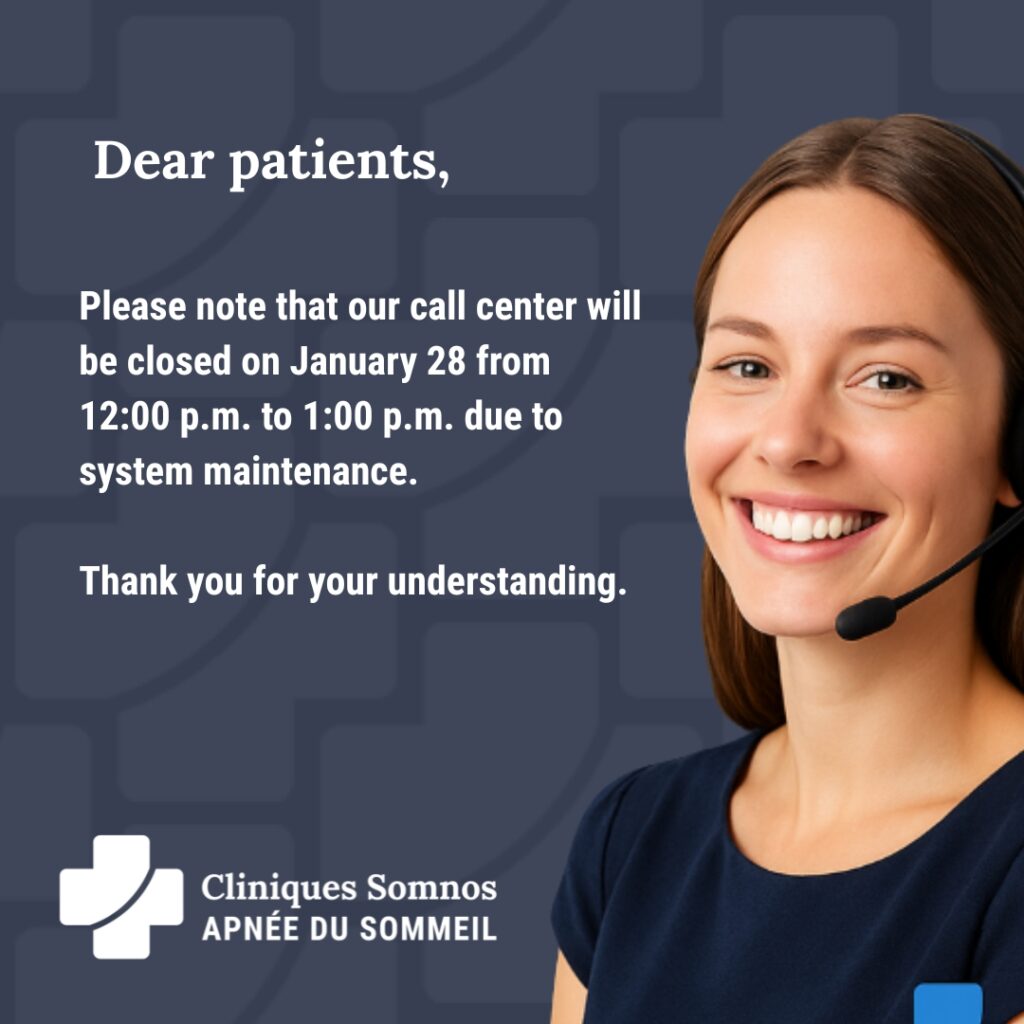The impact of diet on health is well known, but its specific role in the management of sleep apnea is often underestimated. Sleep apnea, a disorder characterized by repetitive interruptions in breathing during sleep, can be influenced by eating habits and body weight. This article explores how a healthy diet can help manage sleep apnea and offers practical tips for improving your diet.

On the other hand, certain foods can make sleep apnea symptoms worse. Foods high in saturated fat and sugar, such as fast food and sweets, can contribute to obesity, a major risk factor for sleep apnea. In addition, alcoholic and caffeinated beverages, especially consumed in the evening, can disrupt sleep and worsen sleep apnea.
Body weight plays a key role in managing sleep apnea. Excess weight, especially around the neck, can put additional pressure on the airways, worsening apnea symptoms. Eating a balanced, healthy diet, combined with regular physical activity, can promote healthy weight loss and reduce the severity of sleep apnea.

Eating a healthy diet is essential not only for managing sleep apnea, but also for overall well-being. Here are some practical tips:
Plan your meals: Plan your meals in advance to ensure you eat a variety of healthy foods.
Portion Controlled: Be aware of portion sizes to avoid overeating.
Hydration: Drinking enough water throughout the day helps maintain good metabolism and health.
Reduce salt and sugar: Limiting these items can help prevent obesity and related cardiovascular problems.
Diversify your diet: Include a variety of fruits, vegetables, whole grains and lean proteins for a balanced diet.
Diet plays a role in managing sleep apnea. A healthy, balanced diet, along with other lifestyle changes, can have a significant positive impact on reducing sleep apnea symptoms. By realizing the importance of nutrition and adopting healthy eating habits, people with sleep apnea can improve their quality of life and overall health.
